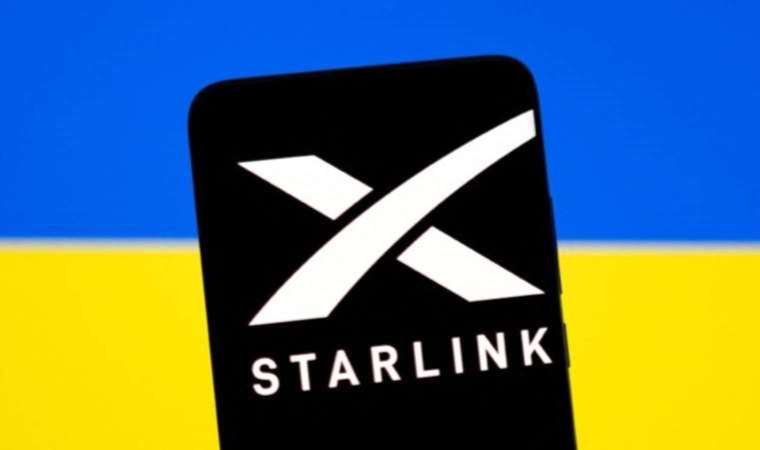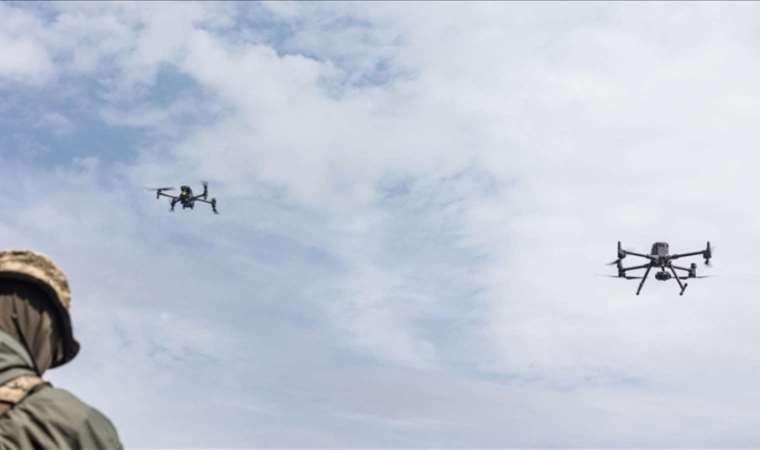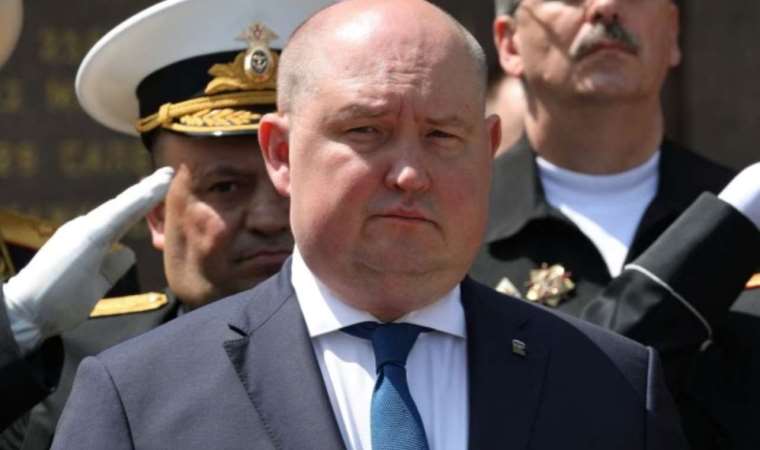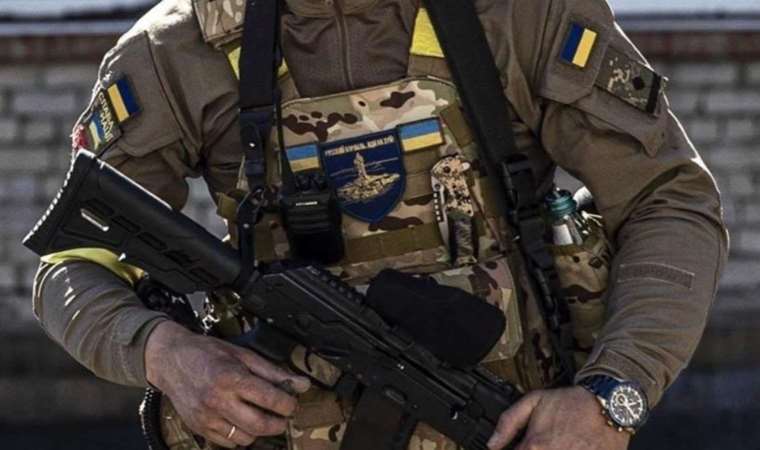Ukraine Reacts to Elon Musk: How Did the Famous Billionaire Intervene in the War?
Elon Musk, the world's wealthiest businessman, has once again captured headlines with his claims of involvement in the Ukrainian War. How has Musk influenced the course of the conflict thus far?

Famous billionaire Elon Musk is renowned for his active commentary on a wide array of topics via his Twitter account, which he has rebranded as "X." Among his myriad remarks, those related to Ukraine have been particularly contentious. His statements, ranging from the inception of the conflict to its potential resolution, have drawn substantial criticism from the pro-Ukrainian camp. However, Musk's recent statements have tested the patience of the Ukrainian side.
Elon Musk disclosed that, at the outbreak of the war in February 2022, Ukraine had requested SpaceX to activate the Starlink satellites provided by him over Sevastopol. However, Musk declined this request. According to Musk, these satellites were intended for Armed Unmanned Naval Vehicle (ASW) attacks aimed at crippling Russia's fleet stationed in Crimea. If the request had been granted, SpaceX would have been drawn into the conflict, further escalating tensions.
Musk stated, "Starlink was not designed for military engagement; its purpose is to enable people to access services like Netflix, engage in online education, and pursue peaceful activities. Starlink was not intended to support Unmanned Combat Aerial Vehicle (UCAV) attacks."
STARLINK IS CRUCIAL FOR UKRAINE
Despite Musk's assertion that Starlink is not intended for military purposes, Ukraine has effectively employed Starlink since the onset of the Russian invasion. Notably, one of the areas where the Russian army initially excelled was electronic warfare. This allowed them to disrupt UCAVs and communication networks used by Ukrainian forces. Starlink has been pivotal in maintaining these vital lines of communication, and its satellite-based communication remains impervious to interception by electronic warfare units, facilitating enhanced coordination among Ukrainian military units.
However, targeting Russia's Black Sea fleet would mean a significant escalation. Early in the conflict, Russia lost its flagship in the Black Sea, the Moskva. A drone strike campaign completely obliterating the fleet would constitute a catastrophic blow to Russia. Ukraine has ample motivations to target this fleet, as most of the ballistic missile attacks on Ukraine's energy infrastructure since the assumption of command by Russian General Sergey Surovikin have originated from ships in the Black Sea fleet. The incapacitation of the fleet would severely curtail these attacks, and its loss would mark a momentous defeat for Russia.
MUSKS DILEMMA
Elon Musk's relationship with Ukraine is intricate. Despite offering the Starlink service, which has substantially bolstered Ukraine's capabilities since the conflict's onset, he remains at odds with the Ukrainian government. Last year, he presented a peace plan to resolve the conflict, which involved recognizing Crimea as Russian territory and conducting new elections in other Russian-controlled regions under international supervision. In October 2022, he suspended Starlink's Ukrainian service, citing unpaid dues for the delivered satellites. Public outcry ensued, prompting Starlink to reinstate the service while pledging to support Ukraine free of charge.
Musk's conduct is underscored by grave reservations about the conflict's trajectory. Insights from the upcoming biography of Elon Musk by Walter Isaacson, known for his biographies of luminaries such as Steve Jobs and Albert Einstein, shed light on Musk's concerns regarding the war's course. In the book, Musk contends that Ukraine's offensive use of Starlink satellites would embroil it as a belligerent in the war. Musk's interactions with Russian officials led him to believe that the decimation of Russia's fleet could usher in the prospect of nuclear warfare. Expressing his apprehension of a potential nuclear conflict in his social media posts, Musk is resolute in not being the instigator of such a calamity. As detailed in the book, SpaceX engineers, acting on Musk's instructions, deactivated Starlink services when the drone offensive commenced, leading the explosive-laden drones targeting the fleet to land harmlessly on a shore.
Elon Musk's stance on Ukraine has drawn sharp criticism in Western media, with many alleging that he is "working for Putin." Former Russian Prime Minister Dmitry Medvedev remarked that Musk is "one of the few individuals in the West who has not lost his mind." Nonetheless, Musk, whose relations with the Ukrainian government have grown increasingly strained, may no longer be indispensable. Earlier this summer, the US Department of Defense procured some satellites to provide Starlink service to Ukraine, signifying that the US will independently offer the service. Nevertheless, as the world's wealthiest individual and the proprietor of Starlink technology, Musk's statements and actions in global politics will undoubtedly continue to reverberate.




